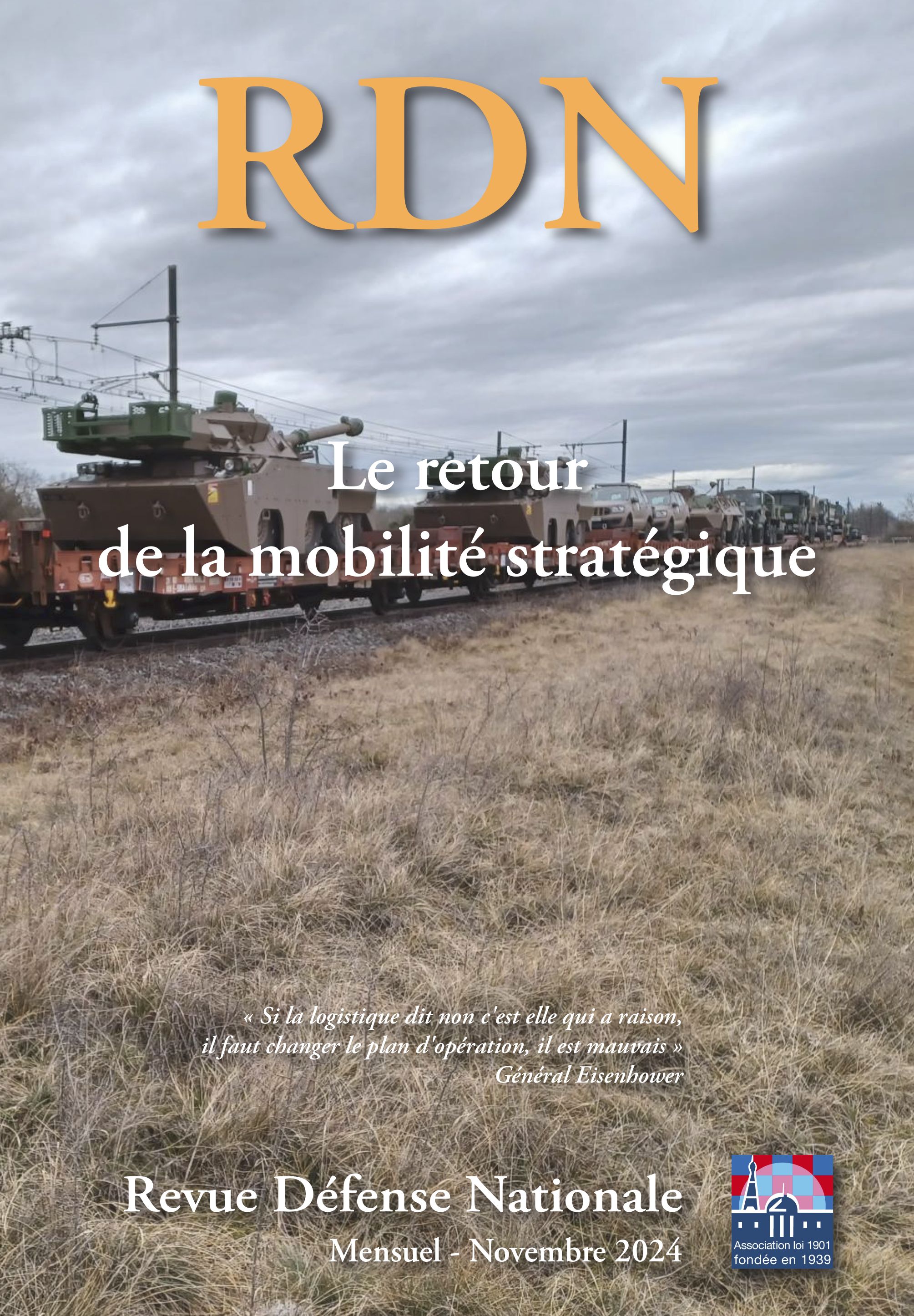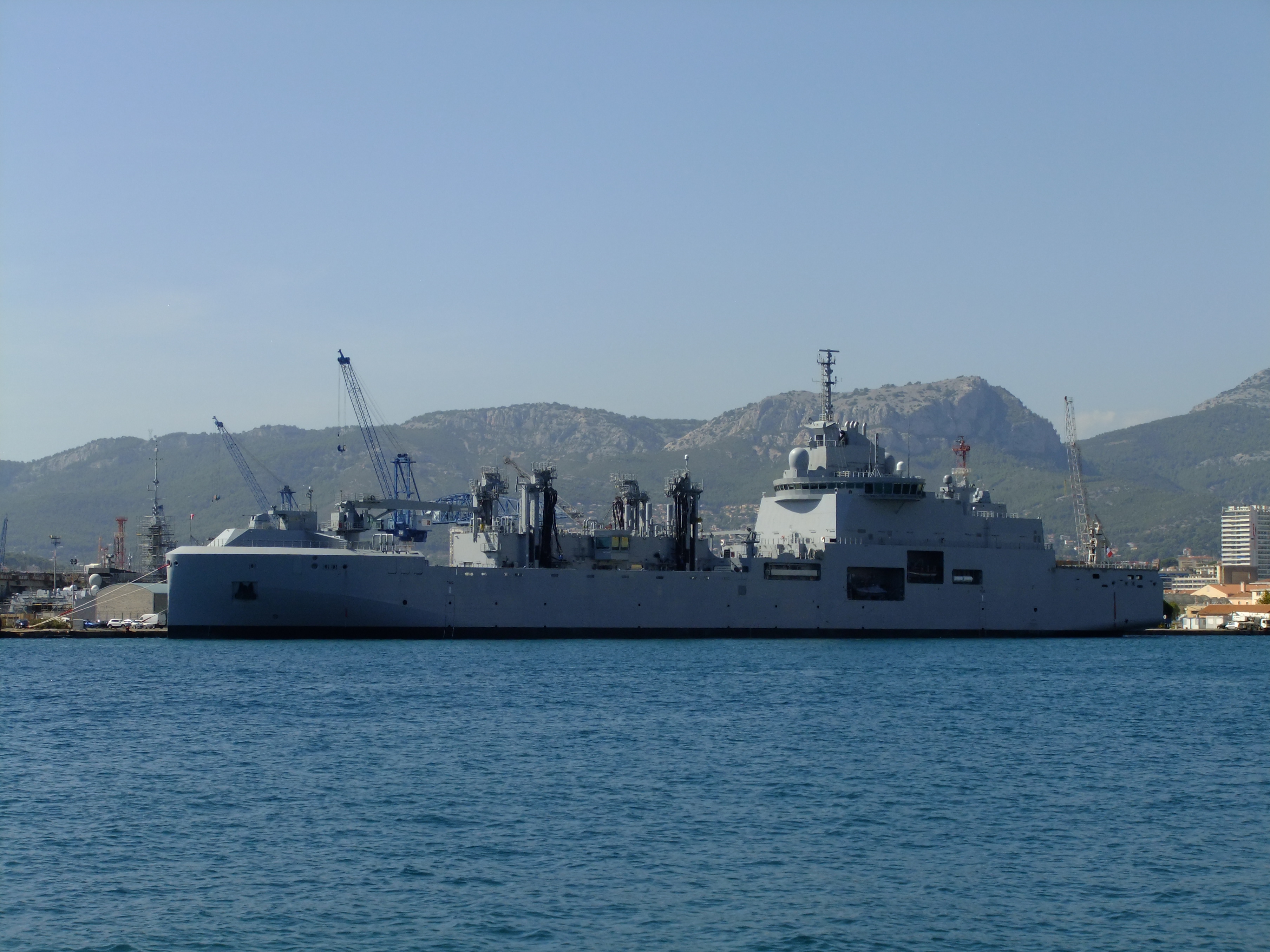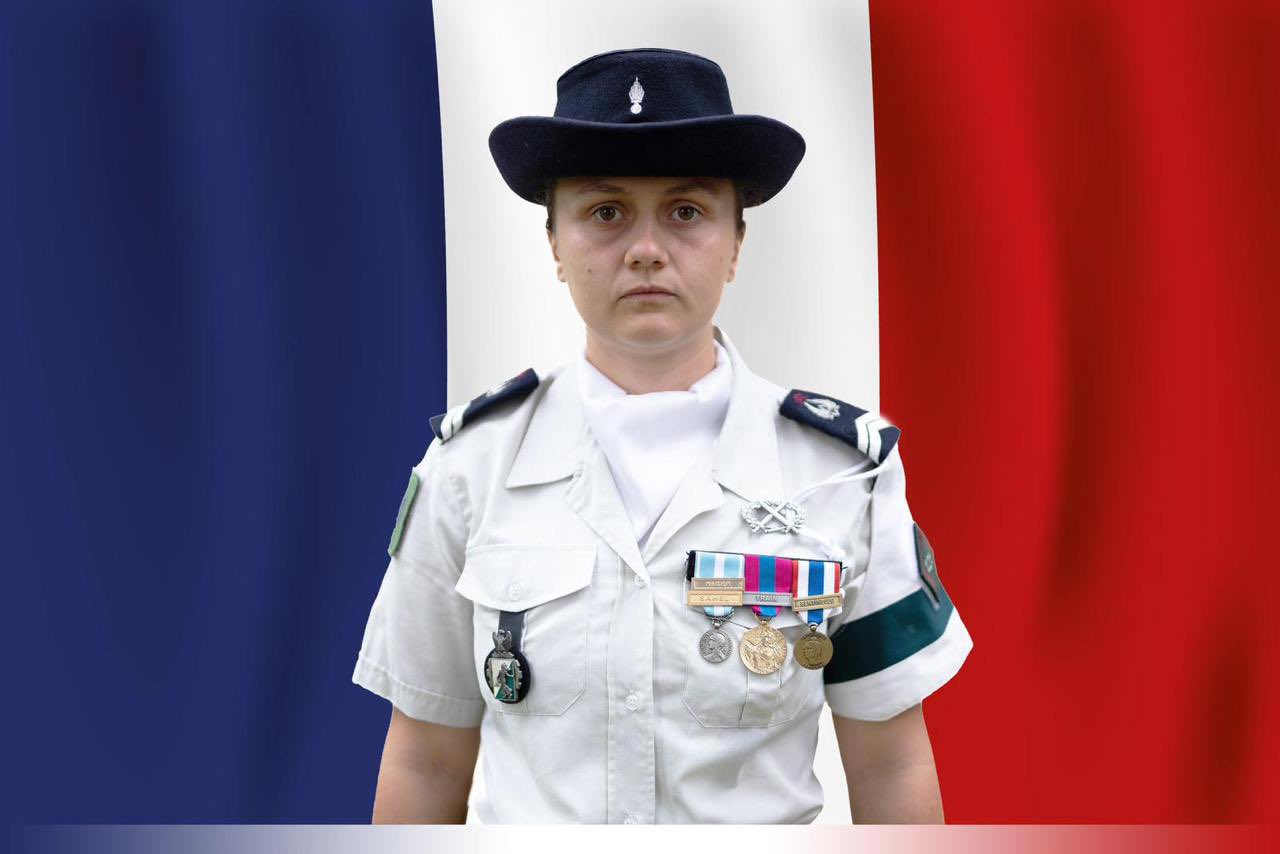Abstracts
Articles in the French edition of RDN this month
Together - Thierry Cambournac
Beyond the specific characteristics of each of the armed forces, the basis of the sense of military identity is the acceptance of individual risk, transcended into an acknowledged collective risk.
The Army’s corporate culture put to the test of modernity - André Thiéblemont
At risk in twenty-first century ground force engagements is the possible disconnection between the importance of a mission and the technical skills necessary for attaining it, the mission that yesterday still demanded a culture of service to the country and attachment to its territory. A pitiless analysis shows that this culture is changing.
Rebuilding the culture of a national Navy - Emmanuel Desclèves
The sailor’s military culture is built in the first instance upon the sea and the fighting ship. Confinement, distance, precariousness, cramped living space, technical skill, teamwork—all these distinctive elements have to find their place in a new balance to be established between man and equipment, between the world of the sailor and land-based society.
The airman’s identity - Antoine Sadoux
As with the other military communities, the Air Force is based on a tradition marked by major personalities who illustrate its values—youth, boldness, comradeship, operational commitment, technical skill. A strong sense of identity has been steadily forged over some 75 years in this highly specific military society.
From the Albright Report to the next Lisbon summit - Olivier Kempf
The fundamental tasks of the Alliance, the overall approach to crisis management, nuclear strategy and missile defence: with the reform of NATO, these are all topics that will be central to the next Alliance summit, and which the author analyses.
Towards renewed strategic research - Higher Council for Training and Strategic Research (CSFRS)
This detailed account of the work of national strategic research institutions reveals the size of the task and the ambition of the project. The French strategic community is invited to participate in this redefinition of the framework and the aims of national security.
Early warning and strategic judgment - Robert Ranquet
In the jungle of weak signals coming out of prevailing conflict situations, how can we identify those that have real strategic significance? More than simple detection, the evaluation of risks and dangers is the problem to be solved if we wish to be able to commit the nation’s efforts along the true path of security.
Private military companies: how can we keep control of them? - Didier Danet et Didier Wioland
Privatisation of military activities, as practised ever more frequently in crisis theatres, faces states with the need to define an adequate political, economic and ethical framework to ensure control over the use of force and maintain professionalism.
The Air Force and diplomacy - Jean Fleury
Tracing the role played by the air arm in the conflicts and battles that followed decolonisation, General Fleury outlines the genuine air strategy implicit in operations of prevention, retaliation and warning in support of French foreign policy.







